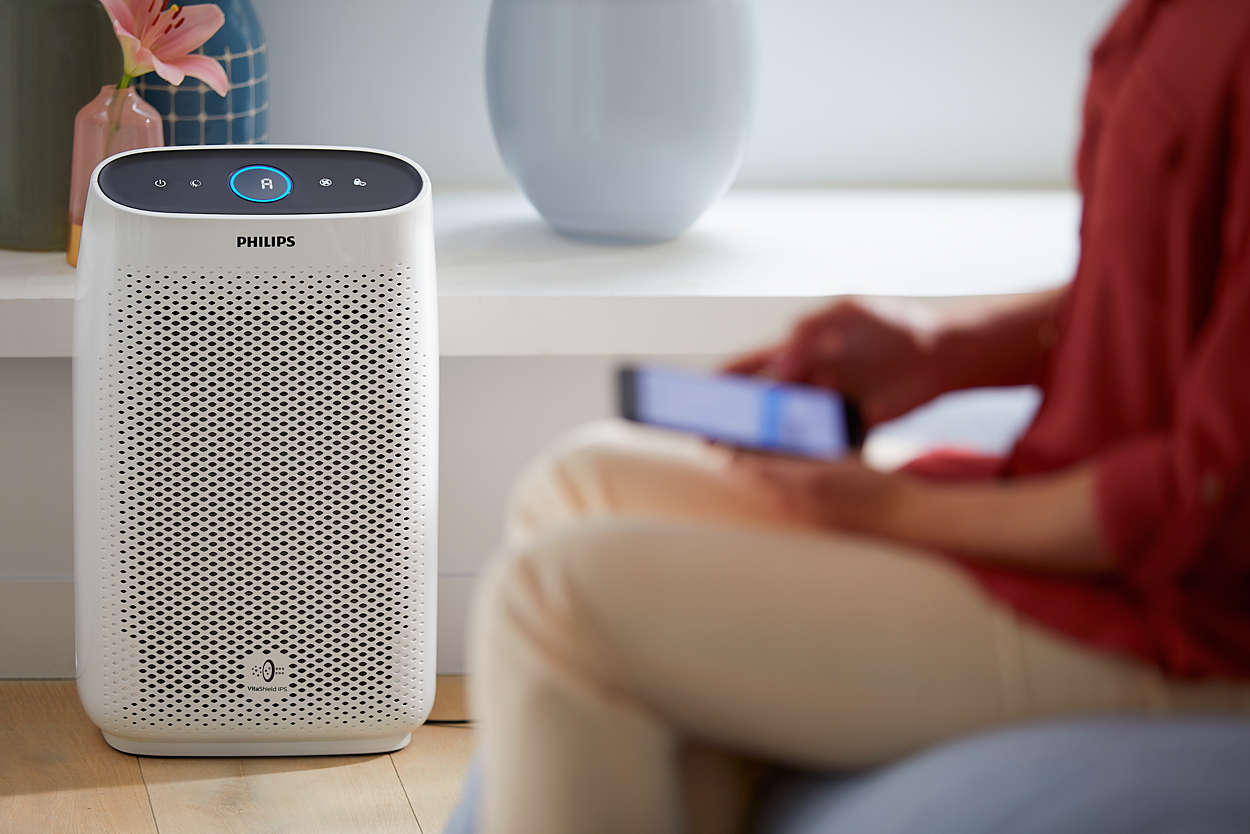Allergies and bacteria can be carried by airborne particles that hang in the air. An air purifier removes these particles and can reduce symptoms such as a runny nose or itchy eyes.
A high efficiency filter with a HEPA-based media captures the bacteria and other large particles that can trigger allergies. Other types of filters include activated carbon that adsorbs chemical gasses like VOCs, formaldehyde and pollution.
Cleaner Air
Using the right air cleaner can help reduce your risk of disease by removing dangerous particles from the air. These include bacteria and viruses, pet dander, volatile organic compounds (VOCs), mold spores and much more.
An air purifier with a high efficiency filter can capture these microscopic pollutants. These filters use a weave of fibers similar to the ones in your clothes, but with a tighter weave. A high quality motor is also needed to power this type of air cleaner.
Dust is another major problem, especially for those with allergies or breathing issues. CR recommends getting a model with an integrated pre-filter that collects the large particles that would normally make it to the main filter, prolonging its life and saving you money on replacements.
Scents can be difficult to get rid of, but the best air purifiers have activated carbon that absorbs these molecules. We recommend looking for a unit with granular activated carbon, which is more effective at trapping odors than spray on carbon coatings.
Better Sleep
An air purifier for sleep helps to remove odors, allergens, dust, and pollen from the bedroom. This ensures a good night’s rest, allowing you to wake up refreshed and ready for the day ahead.
Insufficient sleep leads to poor performance at work or school and can cause health problems. Sleep problems are often caused by environmental factors like air pollution, which can cause breathing difficulty or trigger asthma symptoms.
Research shows that True HEPA air purifiers help people to fall asleep faster and sleep better. They also reduce sneezing, runny nose, watery eyes and other allergy symptoms that can disturb a good night’s rest.
Reduced Asthma Symptoms
Using an air purifier that uses a HEPA filter can help reduce asthma triggers. This type of filter can trap particles that are 0.3 microns or smaller, which is the size of most allergens and irritants. This can include pollen, pet dander, smoke, mold spores, and more.
Exposure to particle pollution has been linked with poor heart health, which is another way an air purifier can improve your overall health. The particles in the air can make their way deep into the lungs, where they enter the bloodstream and can affect almost every organ in your body.
Studies have shown that air purifiers can significantly improve indoor asthma symptoms by reducing airborne allergens and pollutants. However, an air purifier should not be the only form of treatment for asthma. Instead, it should be used in conjunction with proper medication and lifestyle changes recommended by a doctor.
Enhanced Overall Health
Air pollution is bad for everyone, but it can be especially aggravating if you have respiratory conditions like asthma or allergies. Air purifiers help eliminate the particles that cause these issues, allowing you to breathe easier and sleep better at night.
Air pollutants can also irritate your nasal passages and throat, leading to congestion. This often leads to snoring, which affects both the quality of your sleep and your partner’s. Air purifiers can reduce snoring by ensuring that your nasal and throat passages are always clear.
Activated carbon filters in air purifiers cleanse the air of chemicals and volatile organic compounds, or VOCs. These are commonly found in paint, aerosol sprays, upholstered furniture and air fresheners, all of which emit an unpleasant odor when they break down. NIH studies show that VOC levels in the air can cause cognitive dysfunction and reduce productivity, so an air purifier can make your home a healthier place to live.
